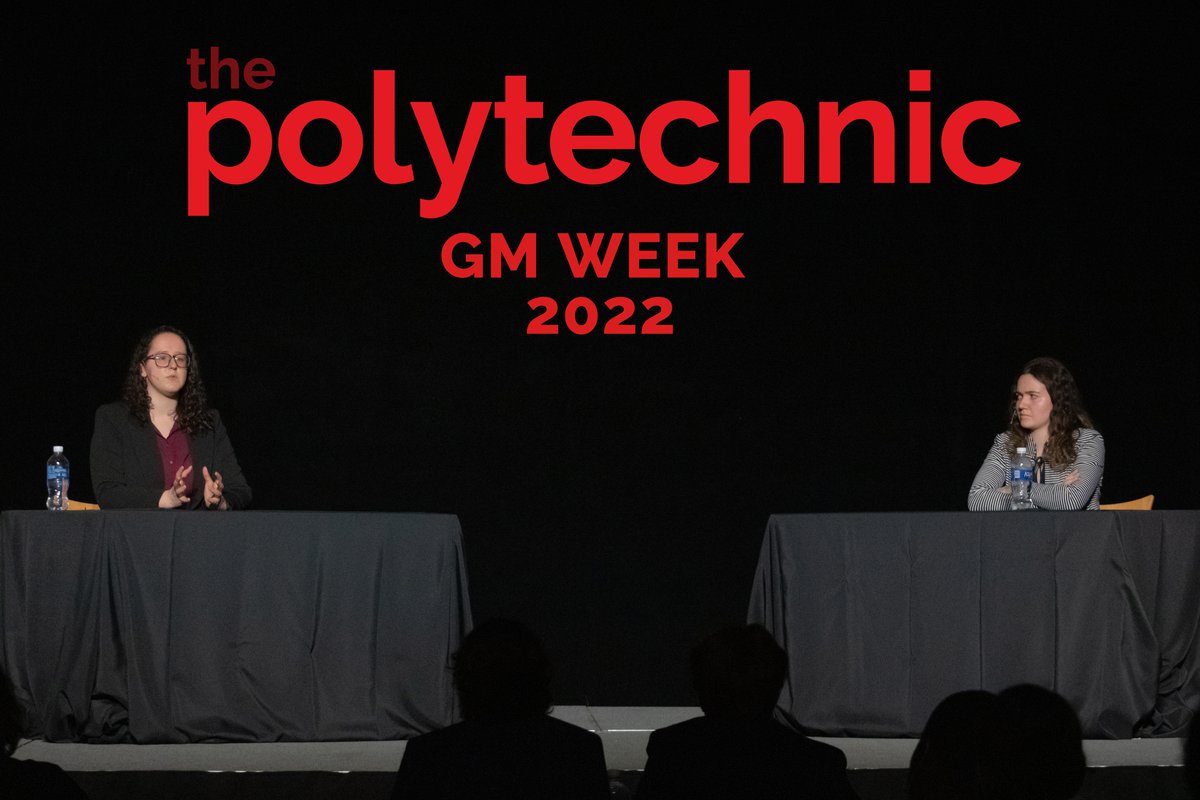How to shift gears on a muddy road
As students, our workload often moves faster than the speed limit. A common obstacle in our journey is self-motivation—as an immeasurable aspect of our mind, there is no convenient cure-all to transform us into relentless go-getters. Instead, we can only rely on time-proven heuristics to keep us moving forward on a highway fringed with distracting billboards. Coupled with the persistent unpredictability of COVID-19, I am certain of one key fact: we’re all running on fumes.
The world doesn’t always heed to our demands, no matter how prudent they seem. During my time at Rensselaer, I had to adapt to the curveballs and calamities whether I liked it or not; pushing myself to complete assignments on time was one of them. As a result, I’ve been building a mental toolbox over the years to keep my financial aid rolling in. Here are some strategies I rely on to free myself from the mud.
Know your route.
The most frightening misconception people have about motivation is that it’s an uphill battle from start to finish. In my experience, this is almost never the case. The amount of willpower spent on a task often plateaus with respect to time. Once we wriggle over that first hump, the momentum will carry us, and the discomfort of labor will gradually fade away.
Recall the moments in your life where you had to cut an assignment short. For me, it felt like someone had dumped a cold pail of Gatorade over my body. Yet only a few hours ago, I was struggling to start it in the first place! By acknowledging this disparity, we can shift our goalposts a couple miles closer. And even if we failed to keep the ball rolling, we still would’ve made progress.
Take a brake.
Too often we find ourselves at the mercy of short-term dopamine rushes. I would be hard-pressed to explain why I neglected my homework in return for a video titled “kid turns blue and dies.” Yet there is a psychological explanation for why we make these choices. For one, we must understand that human cognition takes the path of least resistance. We prefer situations that maximize pleasure and minimize hardship. This makes sense from an evolutionary perspective, but in a world full of handheld devices that generate good feelings on the fly, it’s easy to fall into the procrastination trap.
One of the best ways to flush out the hollow buzz generated by scrolling apps is to run away as far as possible. (Okay, you don’t have to run, but when was the last time those calves have seen action?) The objective is to deprive yourself of the fast, flashy content spewed by our favorite tech companies and focus on meditative behaviors instead. Take a walk. Look out the window. Shut off all your screens and think about what you did that day. Clear your head, and reset.
Once you start feeling bored or refreshed, ease back into your life with short, painless tasks like organizing the desk or sweeping the floor. Do not open YouTube or Instagram; these are one-way tickets back to the hellscape known as the Internet. Concentrate on cleaning up your physical and mental space. When you’re ready, you can return back to the task at hand, hopefully with a brighter mind.
Carpool.
Self-motivation isn’t a dominant quality for most people. Most of us, myself included, just want to chill out for God’s sake. But how do we manage our lack of drive when deadlines get too close for comfort?
The trick here is to supplement your initiative with an external force. A great catalyst is to congregate with other students. When I work in study groups, I find that my peers hold me accountable, whether consciously or unconsciously. As long as I am a member of the group, there is an expectation for me to work as hard as everyone else. It’s an exercise in competition; no one wants to be labeled the slacker.
Yet if I’m studying alone, I have no problem cracking open Netflix as a self-indulgent “mental break.” There’s no one around to nudge me back into a diligent mindset, and thus I sink further down into the rabbit hole. But by surrounding yourself with like-minded colleagues, we can construct an environment that rewards productive behaviors. Everyone benefits.
Out of the mud.
Motivation is a beast that can be conquered with the right tools. Armed with the three methods outlined above, I’ve noticed striking changes in my daily habits. Assignments are easier to start. I’ve become more self-aware of my work ethic. I’ve grown increasingly averse to social media—just two months ago I deleted Snapchat off my phone. But as someone who presented unverifiable statements in the form of advice, I am obligated to declare a word of caution: yes, I base my methods off of popular research, but most of my evidence is derived from years of subjective experience rather than science. I’m a student, not a psychologist. These strategies work for me, and they might work for you too. Do not feel bound by my opinions; after all, you’re the one behind the wheel.

 GM Week 2022
GM Week 2022